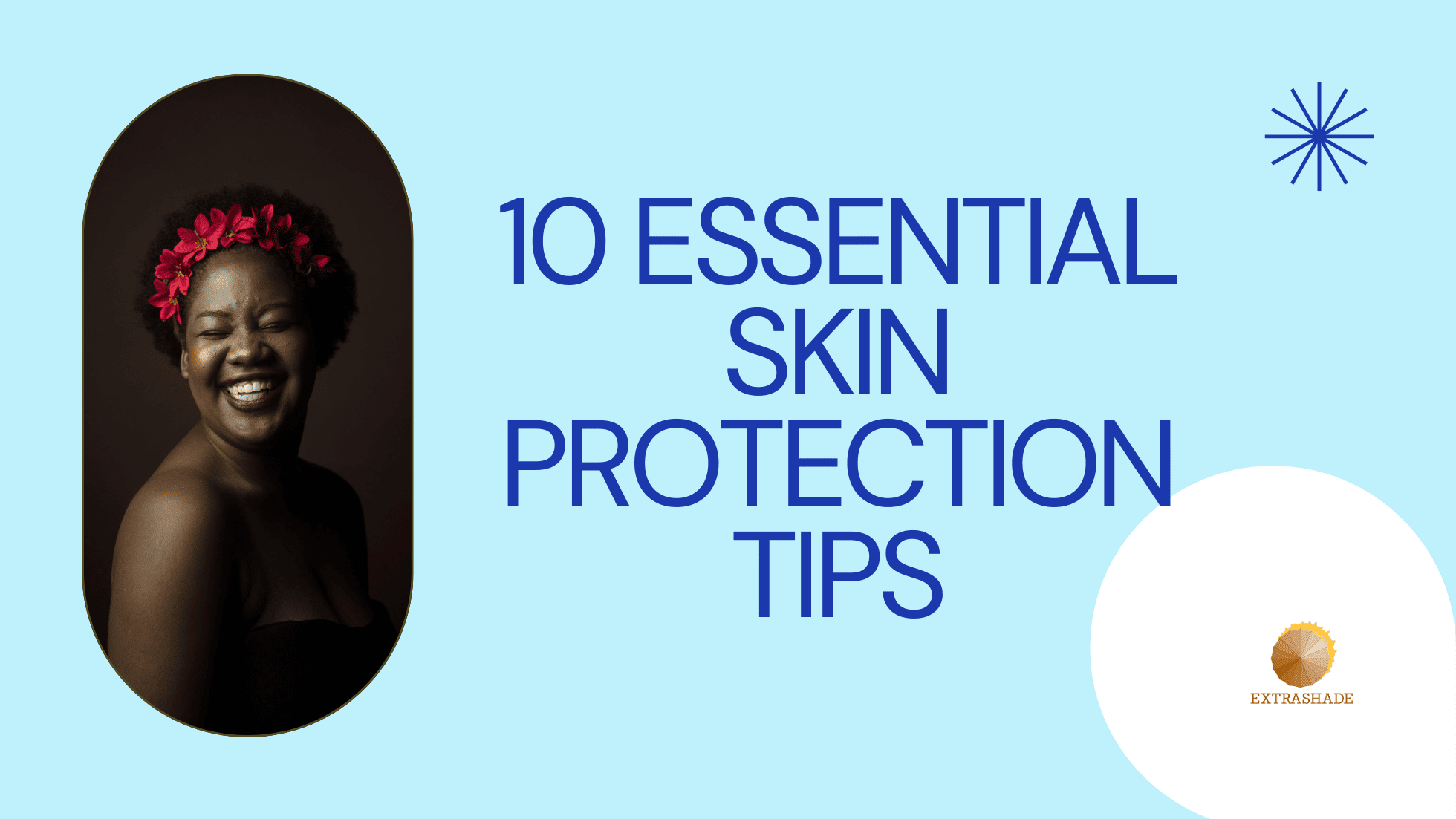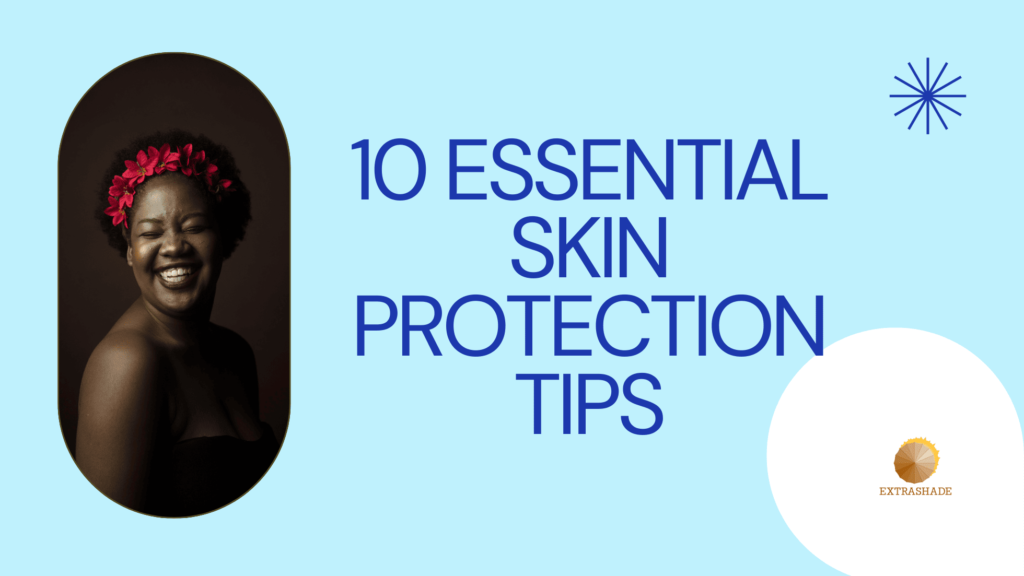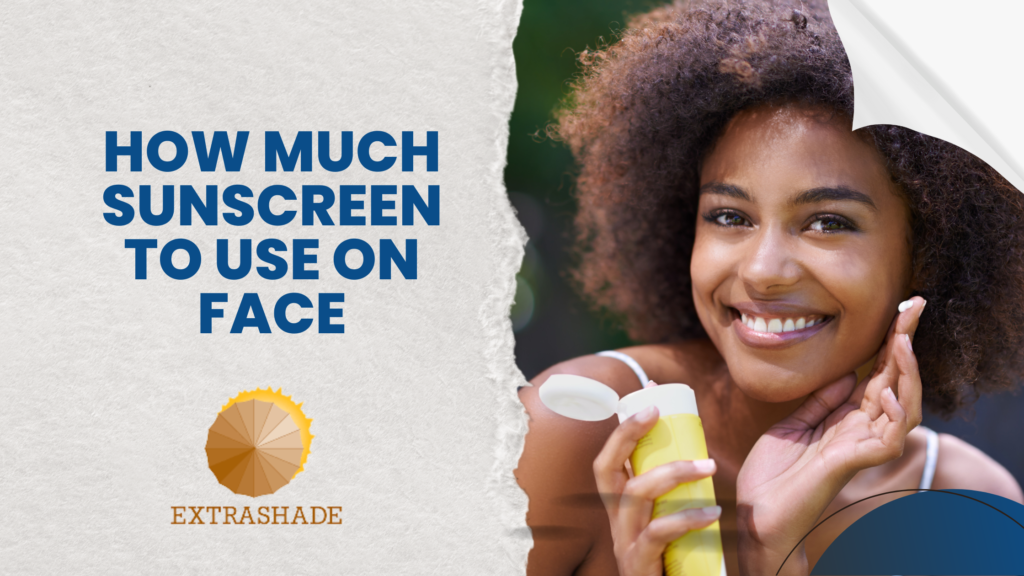Your skin is your largest organ, and it’s under attack. The sun’s harmful UV rays, pollution, and even the everyday stresses of life can all take a toll on your skin.
But you don’t have to resign yourself to a lifetime of premature aging, wrinkles, and sunspots. With the right skin protection tips, you can keep your skin looking its best for years to come.
But time is running out. Don’t wait until it’s too late. Start protecting your skin today after getting deeper into this article. But before moving further, let’s be sure why skin protection is crucial.
Skin Protection Tips: Why Skin Protection is Crucial?
Skin protection is crucial for several reasons, as our skin plays a vital role in maintaining overall health and well-being. Here are some key reasons why skin protection is essential:
1. Barrier function
Safeguarding our internal organs from the outside world, the skin functions as a protective barrier. By creating a formidable shield, it effectively bars harmful substances like bacteria, viruses, and pollutants from infiltrating the body, thus preventing the onset of infections and promoting overall health.
2. UV radiation
The skin is exposed to the sun’s harmful ultraviolet (UV) rays, which can lead to various skin problems, including sunburn, premature aging, and an increased risk of skin cancer. Proper skin protection, such as using sunscreen, protective clothing, and seeking shade, can significantly reduce the damaging effects of UV radiation.
3. Skin cancer prevention
Skin cancer is one of the most common types of cancer, and its primary cause is exposure to UV radiation from the sun or artificial sources like tanning beds. Protecting the skin from excessive sun exposure can help reduce the risk of developing skin cancer.
4. Moisture retention
Healthy skin acts as a barrier to prevent excessive loss of moisture from the body. Keeping the skin well-hydrated and protected can help maintain its elasticity and prevent issues like dryness, itching, and cracking.
5. Temperature regulation
At the core of maintaining body temperature lies the skin, which plays a crucial role. By allowing us to sweat when it’s hot, the skin aids in cooling down, and conversely, it helps retain heat during colder times. Consequently, any damage to the skin can disrupt this intricate process, leading to various health problems.
6. Prevention of skin disorders
Skin protection can help reduce the occurrence of various skin conditions like acne, eczema, psoriasis, and contact dermatitis. Proper care and protection can also help manage these conditions and minimize their impact on daily life.
7. Early detection of health issues
Detecting potential health problems at an early stage is possible through careful observation of the skin. Notable changes in the skin’s appearance, including the appearance of new moles, rashes, or discoloration, can serve as vital clues pointing to underlying health issues that warrant immediate medical attention.
8. Self-esteem and confidence
Healthy and well-protected skin can enhance self-esteem and confidence, as it improves overall appearance and comfort. On the other hand, skin problems can lead to emotional distress and reduced quality of life.
10 Essential Skin Protection Tips for Healthy Skin
Maintaining healthy skin is essential for overall well-being and appearance. Here are 10 essential skin protection tips to help you achieve healthy and radiant skin.
i. Daily cleansing
Cleanse your face twice daily (morning and night) using a mild, sulfate-free cleanser. This helps remove dirt, sweat, excess oil, and makeup, which can clog pores and lead to breakouts. Gently massage the cleanser onto your face in circular motions, then rinse with lukewarm water. Avoid hot water, as it can strip your skin of natural oils, causing dryness and irritation.
ii. Sunscreen
Apply a broad-spectrum sunscreen with at least SPF 30 every morning, even on cloudy days. UV rays from the sun can cause sunburn, premature aging, and an increased risk of skin cancer. Reapply sunscreen every two hours if you’re outdoors, and more frequently if you’re swimming or sweating. Choose a sunscreen that suits your skin type, whether it’s a lotion, gel, or spray.
iii. Hydration
Keeping your skin hydrated is vital for maintaining a healthy and glowing complexion. Drink plenty of water throughout the day to support your skin’s natural moisture balance. Additionally, use a suitable moisturizer for your skin type, whether you have dry, oily, or combination skin. Moisturizers lock in moisture, prevent water loss, and create a protective barrier for your skin.
iv. Have balanced diet
A well-balanced diet is essential for healthy skin. Incorporate a variety of fruits, vegetables, whole grains, lean proteins, and healthy fats into your meals. These nutrient-rich foods provide essential vitamins, minerals, and antioxidants that support skin health and protect against damage caused by free radicals.
v. Avoid smoking and alcohol
Smoking and excessive alcohol consumption can have detrimental effects on your skin. Smoking narrows blood vessels, reducing blood flow to the skin, leading to a decrease in oxygen and nutrients. This can result in premature aging, wrinkles, and a dull complexion. Alcohol dehydrates the body, including the skin, which can make it appear tired and sallow over time. Quitting smoking and moderating alcohol intake can significantly improve your skin’s health and appearance.
vi. Limit hot showers
While hot showers may feel relaxing, they can strip your skin of its natural oils, leading to dryness, redness, and irritation. Opt for lukewarm showers instead and keep them short. Use a gentle body wash or soap to avoid further drying out your skin. After showering, pat your skin dry with a soft towel and apply moisturizer to lock in moisture.
vii. Reduce stress
Chronic stress can negatively impact your skin’s health. High-stress levels can trigger inflammation and worsen skin conditions such as acne, eczema, and psoriasis. Practice stress-reduction techniques like yoga, meditation, deep breathing exercises, or spending time in nature. Adequate sleep and regular physical activity also play essential roles in reducing stress and supporting healthy skin.
viii. Avoid harsh products
Be mindful of the skincare products you use. Harsh cleansers, exfoliants, and other treatments can strip your skin’s natural protective barrier, causing irritation, redness, and sensitivity. Opt for gentle, pH-balanced products that match your skin type. Look for products that are free of fragrances, alcohol, and other potential irritants.
ix. Remove makeup before bed
Always remove your makeup before going to bed. Leaving makeup on overnight can clog pores and lead to breakouts. Use a gentle makeup remover or cleansing oil to dissolve makeup, and follow up with your regular cleanser to ensure your skin is thoroughly clean.
x. Regular exfoliation
Exfoliation helps remove dead skin cells, revealing fresh, radiant skin. Use a gentle exfoliator once or twice a week, depending on your skin’s sensitivity. Avoid aggressive scrubbing, as it can damage your skin. Instead, choose exfoliants with small, smooth particles or chemical exfoliants containing alpha hydroxy acids (AHAs) or beta hydroxy acids (BHAs) for a more delicate exfoliating experience.
Frequently Asked Questions (FAQs)
Q: Why is it important to protect my skin from the sun?
A: Sun protection is crucial because exposure to harmful UV rays can lead to premature aging, sunburns, skin cancer, and other skin damage. Regular sun protection helps maintain youthful, healthy skin and reduces the risk of skin-related issues.
Q: What are some effective ways to protect my skin from the sun?
A: You can protect your skin from the sun by wearing protective clothing (long sleeves, wide-brimmed hats, and UV-blocking sunglasses), using a broad-spectrum sunscreen with SPF 30 or higher, seeking shade during peak sun hours, and avoiding tanning beds.
Q: Can diet affect my skin health?
A: Yes, a balanced and nutritious diet can significantly impact skin health. Foods rich in antioxidants, vitamins (especially A, C, and E), and essential fatty acids can promote healthy skin, reduce inflammation, and improve skin’s overall appearance.
Q: How often should I moisturize my skin?
A: It’s best to moisturize your skin twice daily – once in the morning and once at night. Keeping your skin hydrated helps maintain its natural barrier, prevents moisture loss, and improves its texture and elasticity.
Q: Are there any specific skincare products I should avoid?
A: Avoid skincare products containing harsh chemicals, fragrances, and alcohol, as they can irritate the skin and lead to dryness and redness. Look for products with gentle, non-comedogenic, and hypoallergenic ingredients suitable for your skin type.
Q: Does smoking affect skin health?
A: Yes, smoking damages collagen and elastin fibers, leading to premature wrinkles, fine lines, and a dull complexion. Smoking also reduces blood flow to the skin, depriving it of essential nutrients, and can contribute to skin cancer risk.
Q: Can stress impact my skin?
A: Yes, stress can affect your skin’s condition by triggering various skin issues like acne, eczema, and psoriasis. Managing stress through relaxation techniques, exercise, and hobbies can help improve your skin’s health.
Q: How can I prevent dry skin during the winter months?
A: To prevent dry skin in winter, use a mild, hydrating cleanser, take shorter showers with warm (not hot) water, moisturize frequently with a thick cream or ointment, and consider using a humidifier indoors to add moisture to the air.
Q: Is it necessary to exfoliate regularly?
A: Exfoliation can help remove dead skin cells, unclog pores, and promote skin cell turnover, resulting in a smoother complexion. However, excessive exfoliation can damage the skin’s barrier, so aim to exfoliate 1-3 times per week, depending on your skin type.
Q: How does sleep affect skin health?
A: Quality sleep is essential for healthy skin as it allows the body to repair and regenerate cells. Lack of sleep can lead to dull, tired-looking skin, dark circles, and an increased likelihood of breakouts.
Before You Leave
Your skin is your body’s first line of defense, and caring for it today ensures a radiant, youthful look for years to come. By following these essential skin protection tips, you can prevent premature aging, reduce sun damage, and maintain a healthy glow at any stage of life.
Consistency is key—whether it’s daily sunscreen, proper hydration, or a nourishing skincare routine, small habits make a big difference over time. Start protecting your skin now, and you’ll thank yourself in the future for the confidence and health that comes with it!





